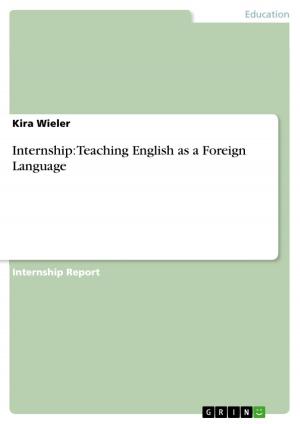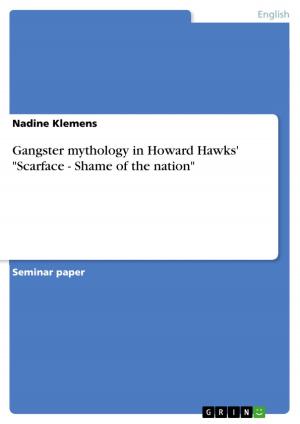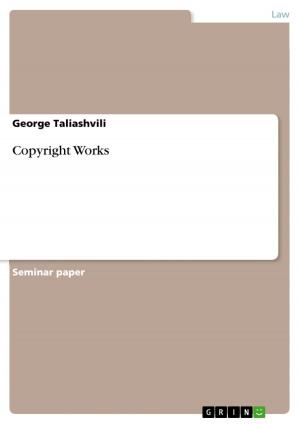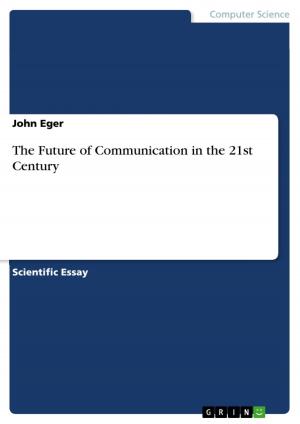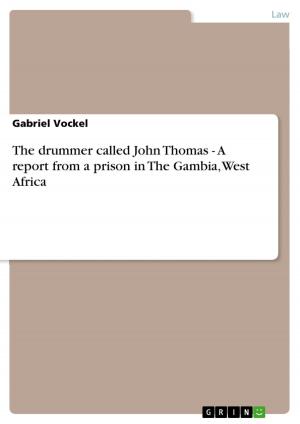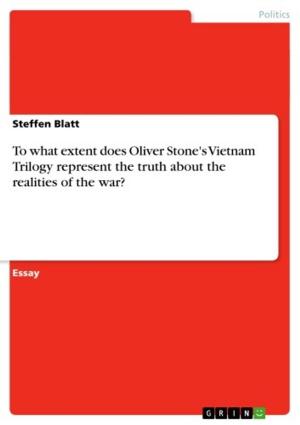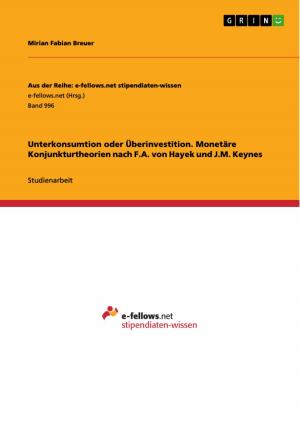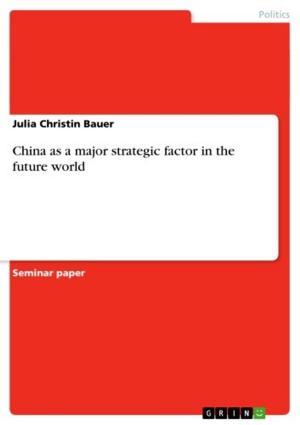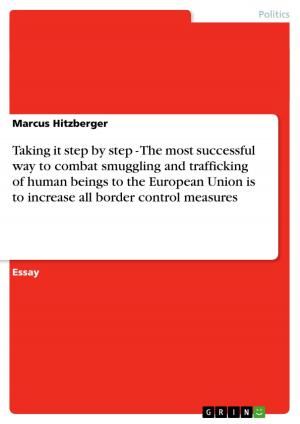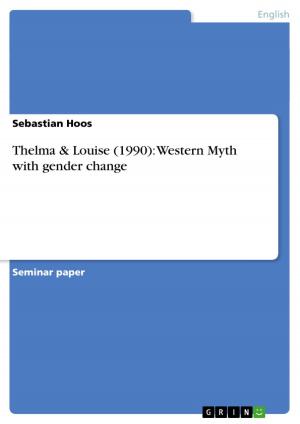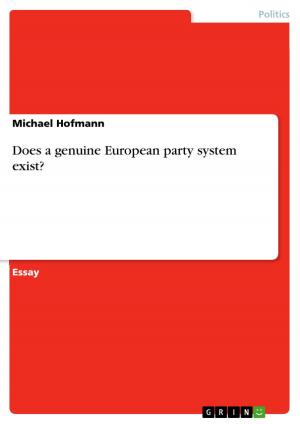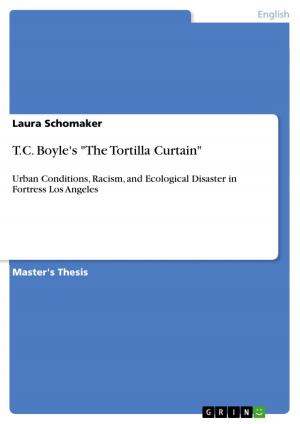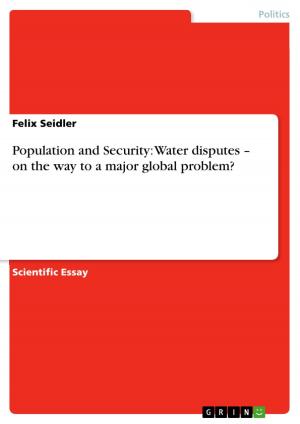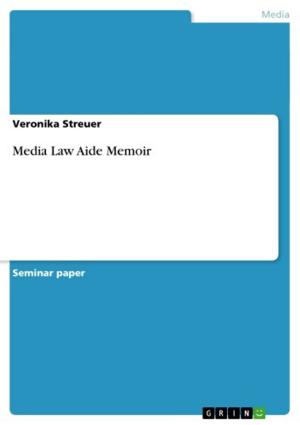Zamiatin's novel 'We' is a novel of ideas. It fails to move us on a human level. Discuss
Nonfiction, Reference & Language, Foreign Languages, Russian| Author: | Steffen Laaß | ISBN: | 9783640152353 |
| Publisher: | GRIN Publishing | Publication: | September 2, 2008 |
| Imprint: | GRIN Publishing | Language: | English |
| Author: | Steffen Laaß |
| ISBN: | 9783640152353 |
| Publisher: | GRIN Publishing |
| Publication: | September 2, 2008 |
| Imprint: | GRIN Publishing |
| Language: | English |
Seminar paper from the year 2005 in the subject Russian / Slavic Languages, grade: 1,3, University of Nottingham (Modern Languages), course: The 20th-century Russian novel, 8 entries in the bibliography, language: English, abstract: We begin to scrutinize the nature of the terms 'idea' and 'human', and continue to look at selected notions and images in detail. As all concepts we will touch upon are quite 'slippery', I offer one or two definitions that could fit into the literary context of We. They will usually serve as the bedrock for our elaboration. It is important to mention that I decided to approach the novel from a slightly philosophical rather than a pure literary or linguistic angle. This perspective allows us to go far beyond the ideas presented in We. It should also be noted that my views expressed in this seminar paper are based on my first and second readings of We. A third or fourth 'exploration' would probably produce completely different readings. To stimulate follow-up analyses, I start every chapter with a brief sound quotation - either taken from the novel itself or from secondary literature. I hope to provide an interesting, comprehensible, and entertaining tour through the literary world of Zamyatin's masterpiece We.
Seminar paper from the year 2005 in the subject Russian / Slavic Languages, grade: 1,3, University of Nottingham (Modern Languages), course: The 20th-century Russian novel, 8 entries in the bibliography, language: English, abstract: We begin to scrutinize the nature of the terms 'idea' and 'human', and continue to look at selected notions and images in detail. As all concepts we will touch upon are quite 'slippery', I offer one or two definitions that could fit into the literary context of We. They will usually serve as the bedrock for our elaboration. It is important to mention that I decided to approach the novel from a slightly philosophical rather than a pure literary or linguistic angle. This perspective allows us to go far beyond the ideas presented in We. It should also be noted that my views expressed in this seminar paper are based on my first and second readings of We. A third or fourth 'exploration' would probably produce completely different readings. To stimulate follow-up analyses, I start every chapter with a brief sound quotation - either taken from the novel itself or from secondary literature. I hope to provide an interesting, comprehensible, and entertaining tour through the literary world of Zamyatin's masterpiece We.

